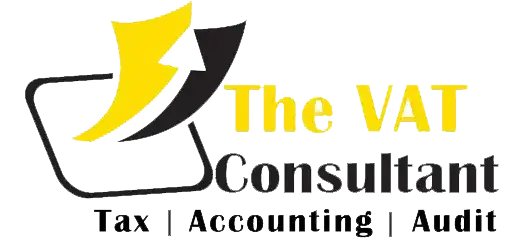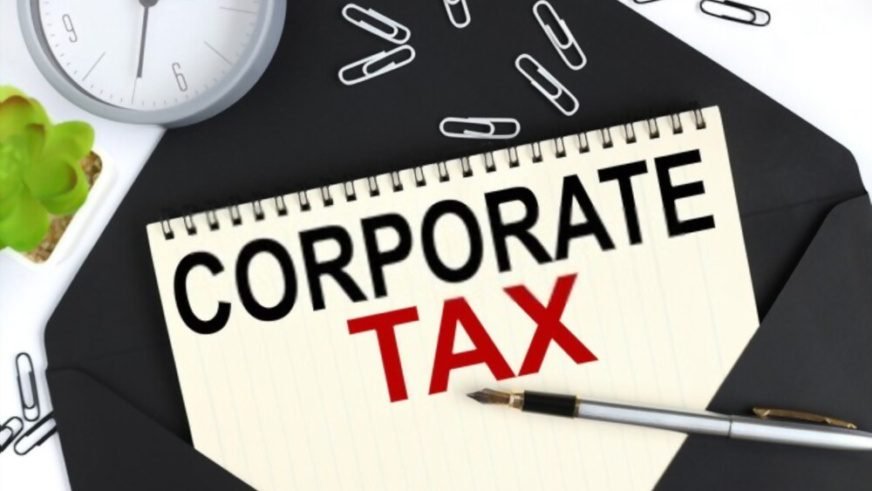The UAE is a leading asset and wealth management hub, and offers a range of investment fund regimes and fund vehicles that cater to a wide variety of fund manager and investor requirements.
Whilst there are various structures that collective investment funds may take, the term ‘investment fund’ refers to a contractual arrangem
ent or legal entity whose primary purpose is to pool investor funds and invest such funds in accordance with a defined investment policy.
Regardless of the type of inv
estment fund, the Corporate Tax Law seeks to ensure the tax neutrality of investment funds so that investors, whether domestic or foreign, are in the same or a similar tax position as if they had invested directly in the underlying assets of the fund. In recognition of the neutrality principle, an investment fund that meets the relevant con
ditions can make an application to the FTA for exemption from Corporate Tax as a Qualifying Investment Fund.105
In order to qualify for exemption, the investment fund must meet all of the following conditions:
• The fund or its manager must be subject to the regulatory oversight of a UAE or foreign competent authority;106
• Interests in the fund must be traded on a Recognised Stock Exchange, or must be marketed and made available sufficiently widely to investors;107 and
• The main or principal purpose of the fund is not to avoid Corporate Tax.108
In addition, depending on the types of investment funds, readers are advised to consult on the additional conditions specified in Cabinet Decision No. 81 of 2023 On Conditions for Qualifying Investment Funds.
Registration and record keeping obligations of Exempt Persons
There is no requirement for Government Entities, Government Controlled Entities, Extractive Businesses and Non-Extractive Natural Resource Businesses to register with the FTA for Corporate Tax purposes, if they do not have a Business or Business Activity that is subject to Corporate Tax.109 However, Exempt Persons are required to maintain records which evidence their exempt status for 7 years from the end of the Tax Period to which they relate. 110 This includes any information, accounts, documents and records to enable the Exempt Person’s status to be readily ascertained by the FTA.
Although ordinarily exempt, Government Entities, Government Controlled Entities, Persons engaged in Extractive Businesses that meet the conditions under Article 7 of the Corporate Tax Law, and Persons engaged in Non-Extractive Natural Resource Businesses that meet the conditions under Article 8 of the Corporate Tax Law, may sometimes conduct Business that is within the scope of Corporate Tax.
For example, this occurs when a Government Entity has a Licence to conduct a commercial activity in its own name.111 This could be, for example, in order to enter into partnership with a private sector Business to develop infrastructure, or in order to sell goods or services. These licensed activities are treated as if they are an independent Business and, insofar as the relevant taxable Business Activity is concerned, the Exempt Person will be treated as if they were a Taxable Person and subject to the obligations set out in the Corporate Tax Law, including, for example, to register for Corporate Tax and file a Tax Return in relation to their taxable Business or Business Activity.112

+9 71 4 393 1773
info@thevatconsultant.com
https://thevatconsultant.com





























